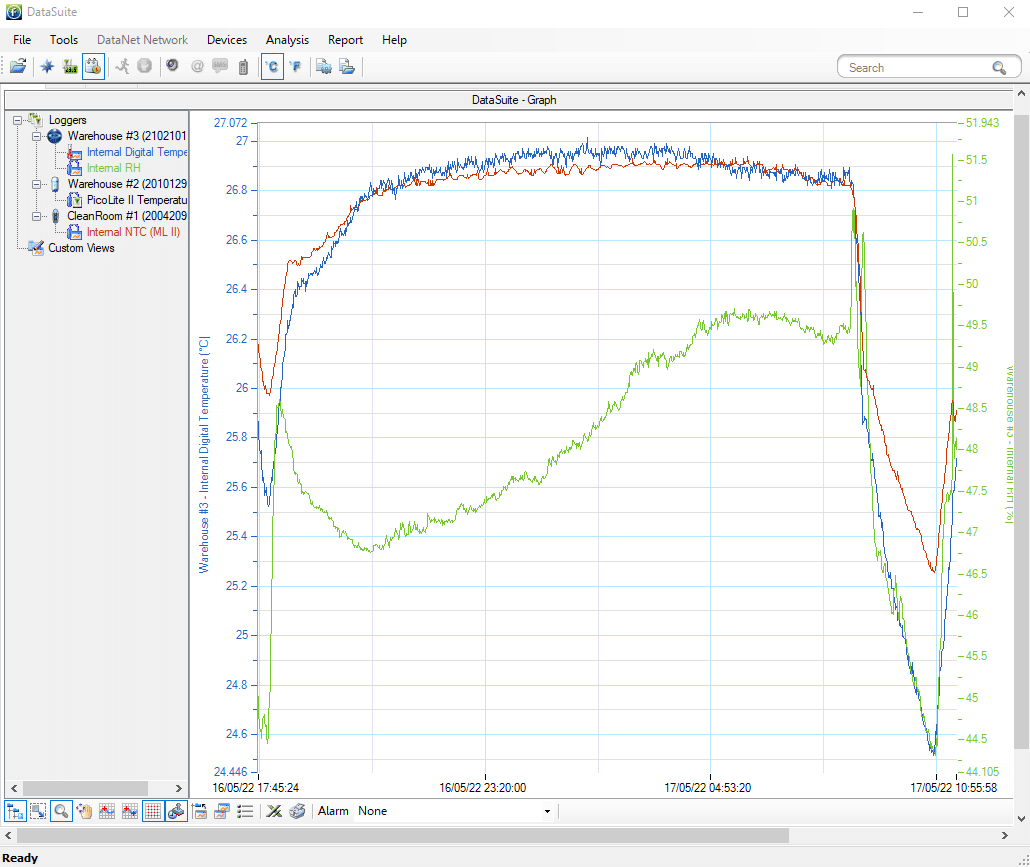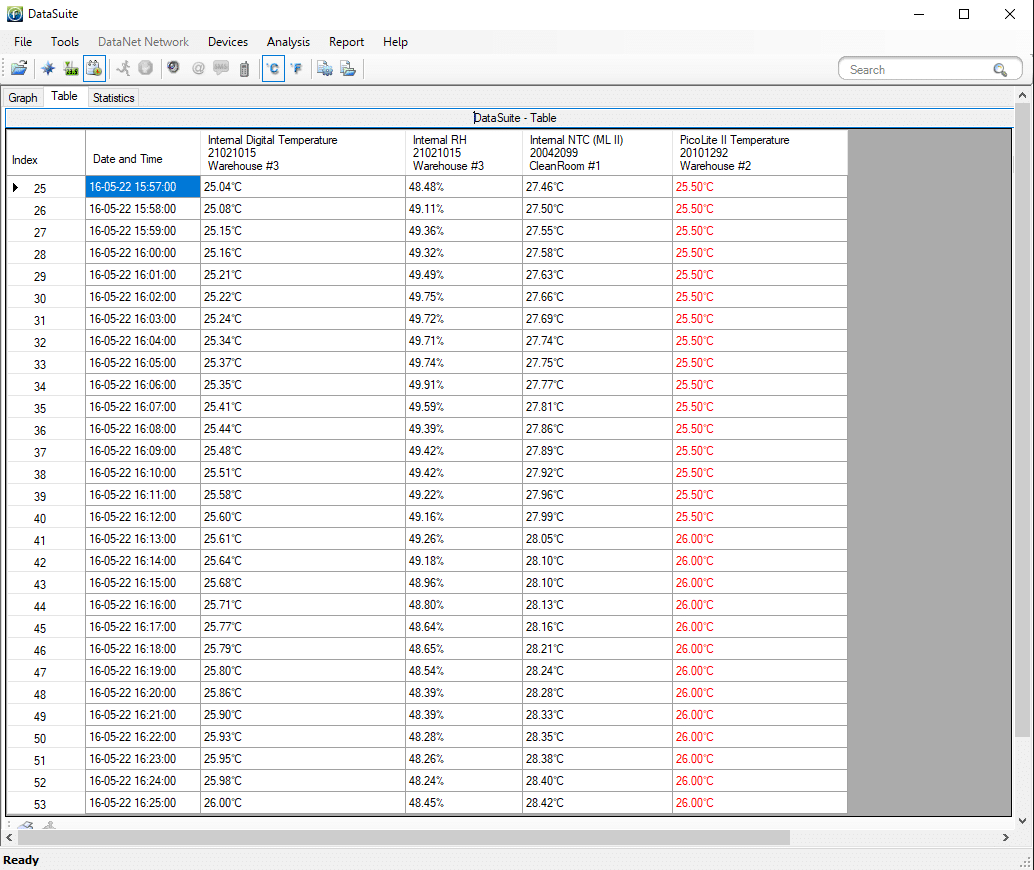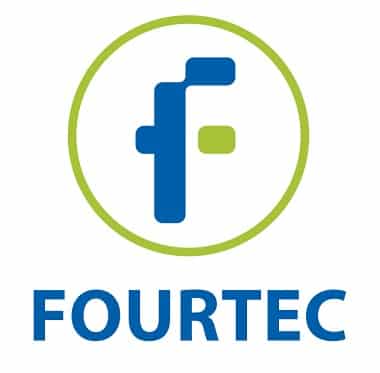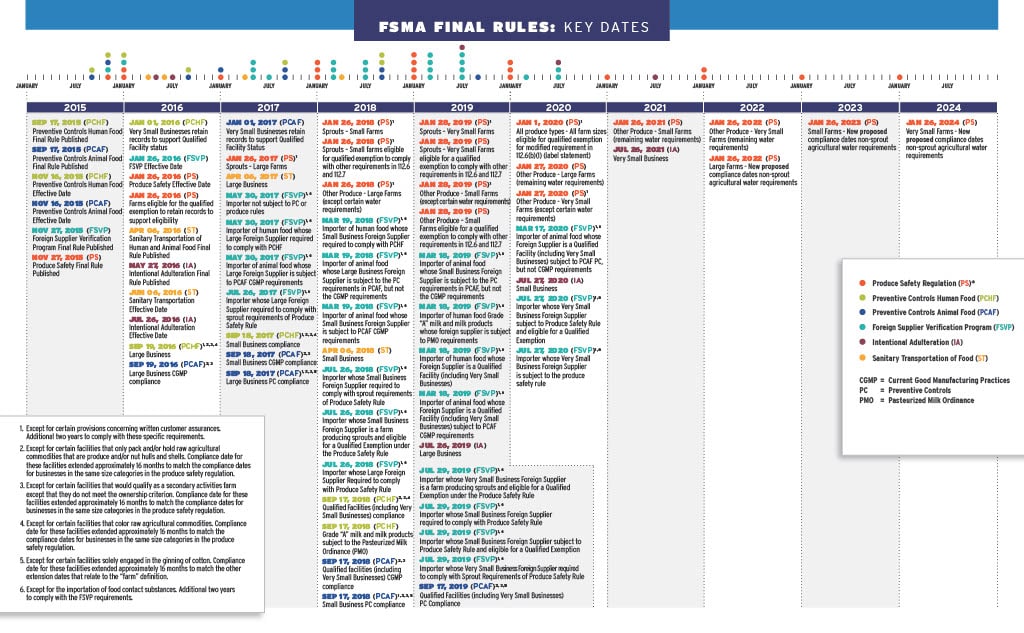The finalization of the Food Safety Modernization Act (FSMA) Rule 204(d) is approaching fast, and it’s time to start preparing for the next execution phase.
In November 2022, a key piece of FSMA will come into play for many manufacturers. Known as the Food Traceability Proposed Rule, the goal of 204 is to create visibility & transparency within the supply chain to enable a better response to foodborne illnesses, contamination, and other public health and safety issues.
Manufacturers preparing to work with traceability beyond their individual place within the chain are compelled to actively shape future policy and proactively integrate traceability within a more extensive food safety plan to insulate against risks.
The Fundamentals of FSMA 204
The Food Traceability Proposed Rule establishes the Food Traceability List (FTL), a list of foods for which the FDA requires additional recordkeeping. It also defines the requirements for how the recordkeeping will take place and who and what is exempt from this updated traceability method.
The approach to traceability in FSMA 204 replaces many producers’ methods of tracing “one up and one back” within the supply chain. As global supply chains have become more complex, government agencies and producers within the industry find it more challenging to trace issues along the supply chain effectively.
Any facility that holds, packs, manufactures, or processes one or more foods on the FTL must keep records of any Key Data Elements (KDEs) resulting from Critical Tracking Events (CTEs). While only those who deal with foods on the list are mandated, the FDA encourages others to adopt the same traceability processes.
Digital transformation in recordkeeping
Organizations that rely on manual paperwork can still submit paperwork to the FDA this way but may find it difficult to track the sheer volume of data required by the new traceability rules. For example, a facility must keep Key Data Elements (KDEs) for each Critical Tracking Event. But if the facility handles multiple foods on the Food Traceability List, it will quickly generate an enormous volume of data. A facility must create KDEs for each of these CTEs:
- Growing
- Receiving, including First Receiver
- Creating
- Transformation
- Shipping
For many companies, this rule and the potential volume of data collection it requires has encouraged them to either begin or continue the digitization of their processes. In addition, automation of KDE collection is paramount to more efficient traceability compliance.
Organizations must also keep traceability program records for regulators to ensure compliance. The ability to respond quickly is an important goal of FSMA 204, and facilities must respond to the FDA with traceability records within 24 hours of a request.
Companies will also have to deliver a sortable electronic spreadsheet to the FDA within 24 hours when the FDA is investigating a public health threat or outbreak. Organizations can better prepare for multiple aspects of FSMA 204 compliance by transitioning to a food management software platform.

Fourtec’s Software is the Digital Monitoring Solution You Need
Fourtec’s software, Datasuite, is the solution for central and digital monitoring of your temperature and humidity loggers.
Using Datasuite, a feature-rich & intuitive data analysis and management software, allow for various actions to be executed by the user:
* Keep a lifetime data track of all the sensors’ data that were downloaded
* View and analyze:
– Loggers data (Temperature and humidity*)in a graph, table, and statics
– Abnormalities report – graph and statistics. View up to 14 sensors’ data at once
– Customize the graph visibility – color, scale, layout
* Logger setup and calibration- calibrate the logger, update firmware, name the logger, temperature scale, cyclic run, push to run, timer run, sampling rate, etc.
* Print or export the data to excel for further analysis or regulations requirements
* Analyze specific time stamp events that were marked on the logger
* Enter email addresses to receive an automatic email report of the data abnormalities by using the Boomerang feature
* Administration management (creation and permissions) by using the DatPass Admin module
* CFR module for permissions management of editor, viewer, and admin to all user actions within the software. A password is required


mode


